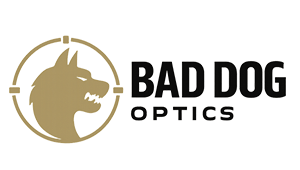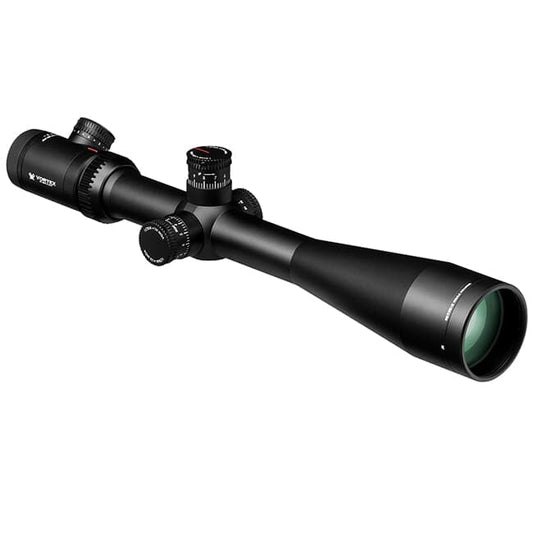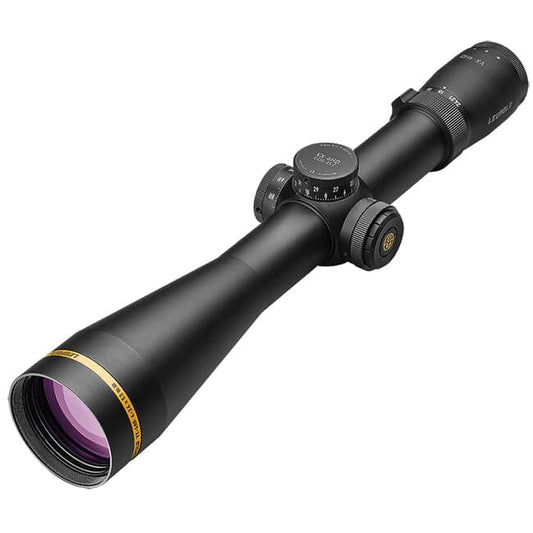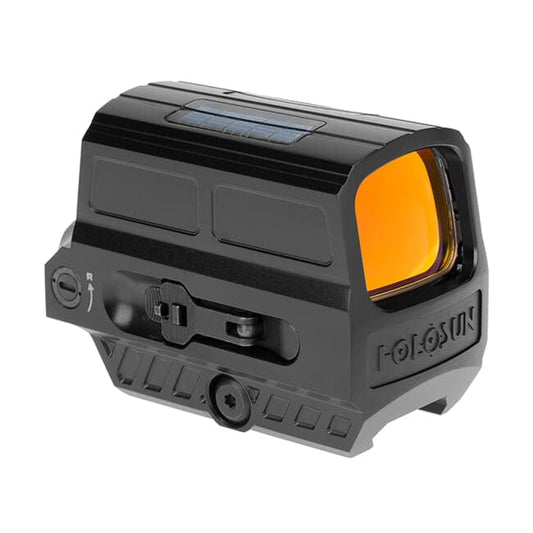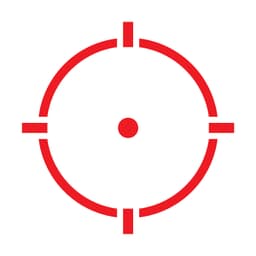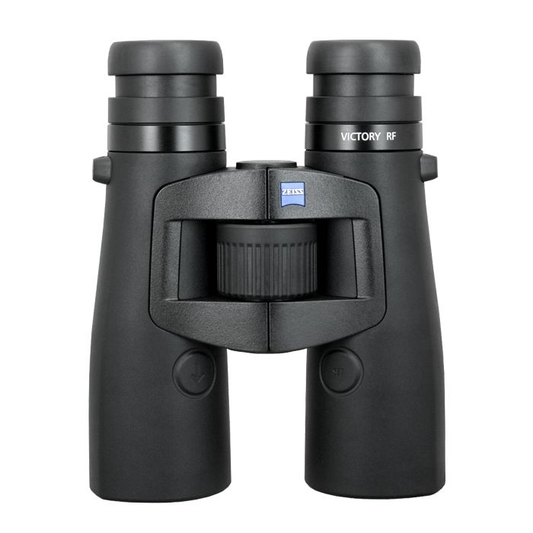

Discover precision at a glance with the Zeiss Victory RF 8x42 Rangefinding Binoculars (524548-0000-000), your ultimate companion for any rifle scope shopper seeking unparalleled optical performance merged with advanced technology. Zeiss Victory RF Binoculars are not only a testament to superior craftsmanship but a pivotal tool for any hunting enthusiast. The integrated laser rangefinder and real-time ballistics computer, enhanced by the synergy with the Zeiss Hunting App, elevate your field experience by customizing essential ballistics for your specific needs, ensuring the utmost accuracy for your shot placement.
Constructed for the dedicated marksman, these binoculars thrive in daylight environments, providing high-contrast, ultra-clear viewing through LotuTec®/Zeiss T* coated lenses. Robust by nature, the Zeiss Victory RF, with its high-grade magnesium body and waterproof capabilities (up to 4 meters for 2 hours), stands resilient in the most challenging weather conditions, offering an impressive operating temperature range of -13° F to 145.4° F.
Moreover, their advanced Bluetooth integration connects these binoculars with your smartphone to access a realm of data through the Zeiss Hunting App, including personalized ballistic profiles. The on-board sensors take precise measurements of temperature and air pressure to complement your hunting strategy, while the unparalleled ranging capability of up to 2,500 yards ensures that no target is out of your reach.
Features
- INTEGRATED BLUETOOTH: Pairs seamlessly with smartphones via Bluetooth and the Zeiss Hunting App for custom ballistics.
- CRYSTAL CLEAR VISION: Experience sharp, high-contrast views with Zeiss T* coated FL lenses and Abbe-König prism system.
- EXTREME DURABILITY: Magnesium housing and waterproof up to 4 meters provides rugged, reliable performance.
- ADVANCED RANGEFINDING: Accurate distance measurements up to 2,500 yards with fast, under 0.3 seconds readout.
- BALISTICS COMPUTER: B.I.S. II Ballistic Calculator supports over 5,000 profiles for precision shooting.
- ENVIRONMENTAL SENSORS: On-board sensors for real-time temperature and air-pressure data.
- INTUITIVE DISPLAY: Features automatic LED brightness adjustment to suit varying light conditions.
- USER-FRIENDLY OPERATION: Customizable controls and multiple display options cater to any hunter's preference.
Specifications
| Spec | Details |
|---|---|
| Field of View | 135m @ 1000m |
| Exit Pupil | 5.3mm |
| Range | 15 - 2300 meters |
| Close Focus Range | 15m |
| Measurement Units | Meters |
| Battery Type | (1) 3V CR2 |
| Objective Diameter | 42mm |
| Dimensions | 6.53 x 4.76" |
| Angular Field of View | 62 degrees |
| Twilight Factor | 18.3 |
| Item Condition | New |
| UPC | 740035998957 |
| MPN | 524548-0000-000 |
| Product Type | Rangefinding Binocular |
Included In The Box
- Zeiss Victory RF 8x42 Rangefinding Binoculars (524548-0000-000)
- Eyepiece and Objective Lens Covers
- Compact Binocular Case
- Neck Strap for Comfortable Carrying
- Lens Cleaning Cloth
- User Manual
- Warranty Card
You May Also Like
Here’s some of our most similar products people are buying. Click to discover trending style.
